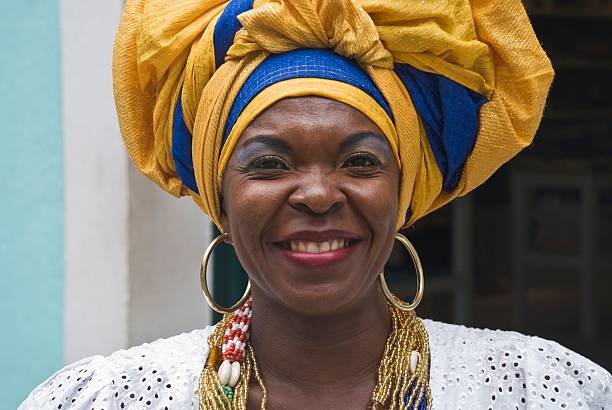Types of marriages in South Africa community of property
Marriage within the community of property is a standard matrimonial system in South Africa. It has implications for the ownership, management, and division of property between spouses. Here, we’ll explore the different types of marriages in South Africa that typically fall under this regime.
Types of Marriages in South Africa within Community of Property
Types of Marriages in South Africa within Community of Property include:
- Civil Marriages: Governed by the Marriage Act of 1961, automatically in community of property unless a prenuptial agreement is in place.
- Customary Marriages: Recognized under the Recognition of Customary Marriages Act of 1998, considered within community of property unless excluded by an agreement.
- Same-Sex Marriages: Permitted by the Civil Union Act of 2006, subject to community of property like heterosexual marriages.
- Religious Marriages: May also be within community of property if complying with legal requirements of the Marriage Act or the Civil Union Act.
1. Civil Marriages:
Civil Marriage within Community of Property
Civil marriages in South Africa are governed by the Marriage Act of 1961. When marrying under this act without a prenuptial agreement, the marriage is automatically in community of property. This means that the spouses’ assets and liabilities, both before and after the marriage, become part of a joint estate.
The advantage of this system is that it promotes economic equality between spouses, as everything is shared equally. However, it also means that both spouses are equally responsible for the debts of the joint estate. Decision-making can become complex, as major decisions usually require the consent of both spouses.
2. Customary Marriages:
Customary Marriage within Community of Property
Customary marriages in South Africa are recognized under the Recognition of Customary Marriages Act of 1998. If the marriage is registered and not specifically excluded from community of property by an agreement, it’s considered to be within community of property.
This type of marriage allows cultural practices and traditions to be recognized within the legal framework. Similar to civil marriages, spouses share assets and liabilities equally. However, complexities can arise if customary laws conflict with statutory laws, leading to potential legal ambiguities.
3. Same-Sex Marriages:
Same-Sex Marriage within Community of Property
South Africa’s Civil Union Act of 2006 permits same-sex couples to enter into a civil union, providing them with the same legal recognition and rights as heterosexual couples. Unless a prenuptial agreement is signed, these unions are also subject to community of property.
This ensures that same-sex couples enjoy equal treatment under the law, sharing assets and liabilities just like any other married couple. The challenges are similar to those faced by heterosexual couples, with shared responsibilities and potential complexities in decision-making.
4. Religious Marriages:
Religious Marriage within Community of Property
Some religious marriages may also be considered within community of property, provided they comply with the legal requirements of the Marriage Act or the Civil Union Act. The legal standing of religious marriages can be complex, and consulting with legal experts is often necessary.
The implications of marrying within community of property are similar across religious contexts, including the equal sharing of assets and liabilities. However, unique religious doctrines may introduce specific nuances, requiring careful consideration and planning.
Conclusion
In South Africa, marrying within community of property is common across different types of marriages, from civil and customary to same-sex and some religious unions. While this regime fosters economic equality and legal recognition, it also brings shared responsibilities and potential complexities.
Understanding the legal framework and implications is crucial for couples considering this option, as it influences aspects like property ownership, debt responsibility, and decision-making processes within the marriage. Consulting with legal professionals to understand the specific nuances of each marriage type can be a wise step in planning for a life together.






